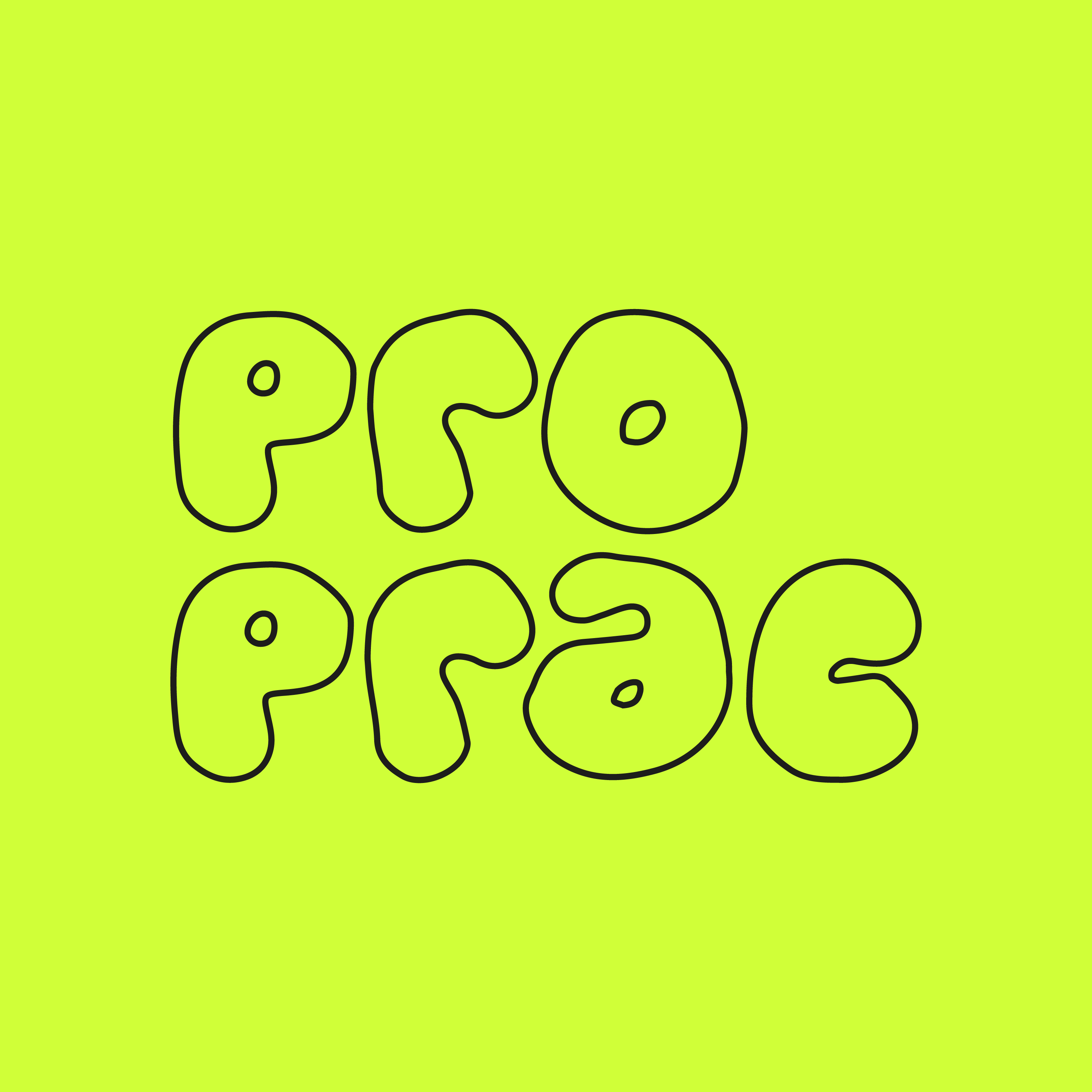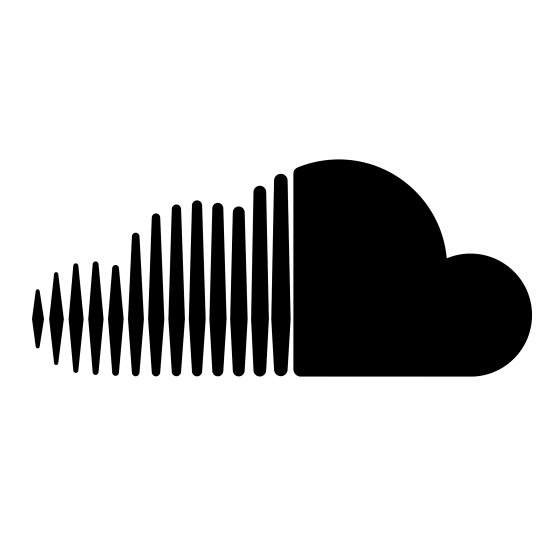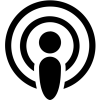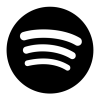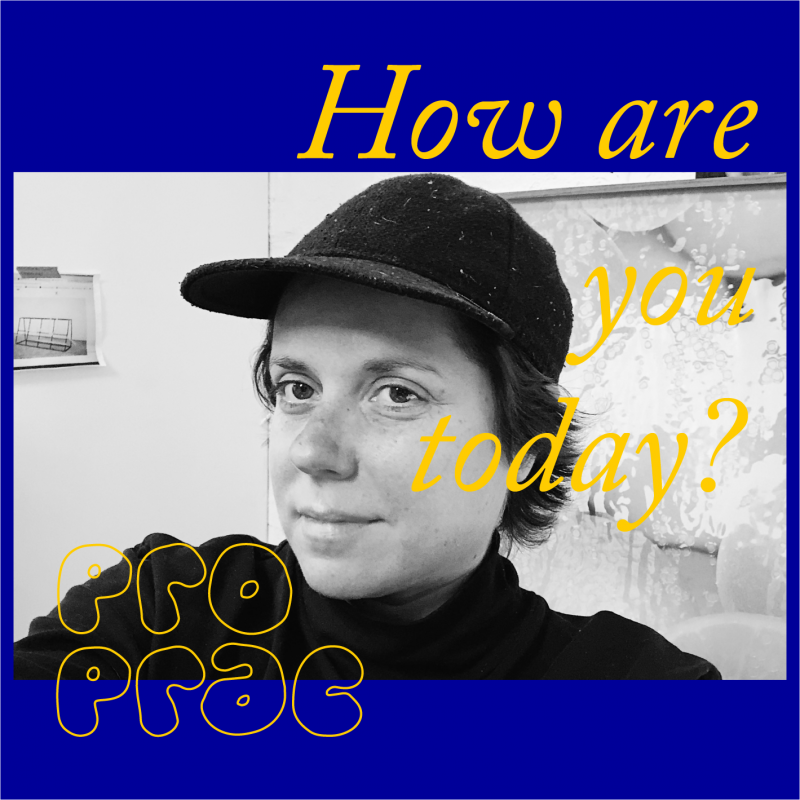
Lauren Dunn
How Are You Today – Episode 7
Resources
laurendunn.net
Instagram handle @dunnlauren
Transcript
Kiera Brew Kurec 0:02
Hi, and welcome to Pro Prac. I’m Kiera Brew Kurec.
Nick Breedon 0:05
And I’m Nick Breedon. You’re listening to How Are You Today?, a spinoff series where we call an artist and check in with how Coronavirus is affecting them, and ask them to share their worries and their hopes for the future.
Lauren Dunn 0:23
Hello,
Nick Breedon 0:24
Hey, Lauren.
Kiera Brew Kurec 0:25
Hey, How are you today?
Lauren Dunn 0:29
Today? I am pretty good actually I have been teaching my RMIT students on Friday morning, so I really love having the mornings with them they are great students, and they had an assessment today. So that went really well.
Kiera Brew Kurec 0:48
Wow. How have I been adapting to studying online?
Lauren Dunn 0:54
Yeah, well, that’s the thing. The reason I’m so proud of them is that they have done such a great job at adapting. So I was really worried that it was going to be rubbish for them, like not having that face to face contact. But it’s actually worked really well because they’re at home. You know, they can get comfortable, they can watch the screening. And then also not not having to be face to face in the classroom, which is something that I’m not really wasn’t initially a huge fan of because there are 23 students, kind of gives them the confidence to have a voice without being seen or having to be present. I don’t know. It’s just, it’s actually worked really well, I think it’s because of because of the fact that we’re doing it online. Which is nice.
Kiera Brew Kurec 1:42
It’s really interesting to see what has kind of translated better to online and like how different students really do thrive in working from home. And I think it will be really interesting to see how education on all levels adapt after we kind of returned to normal, but to see what kind of new ways of teaching and learning can be implemented, which has been found beneficial for people.
Lauren Dunn 2:13
Hmm, yeah, definitely.
Kiera Brew Kurec 2:16
Do you mind sharing with us how you have been affected by COVID-19? Either like personally in your practice? Or, and obviously, you’ve just mentioned professionally in terms of teaching, but in any other areas?
Lauren Dunn 2:33
Yes. So I had, I had four pretty major shows for me planned. For this year, I kind of felt like that I’ve been working up to this point for a long time. So for me that’s like those four things was vital to kind of push me forward to the next phase of, of my practice, I guess you could say. So losing those opportunities, I was initially really gutted like, quite Yeah, I kind of go in phases. Some days I’d be like, Oh, this is a really good thing, because I have more time. You know, you always need more time, as you guys will be aware of to make work. But then the other part of the part of me was like, I’ve worked so hard to kind of get to this point where I’m doing these shows that I really want to be doing. So it’s kind of like it was going in waves. But then I realized that I got into the studio and kind of set it had more time to be making things and testing, which is something I don’t really usually have a lot of time to do. I’m really reactive. I realized with my practice rather than proactive, you know, I’m proactive in terms of admin and setting up shows and making sure that I’m constantly going but I’m really reactive in terms of developing work.
Nick Breedon 3:52
Yeah, it can be hard to get into that cycle, outside of the sort of exhibition cycle of getting a show, and then like, Okay, well better, make the work, get it ready, exhibit it. And then, you know, by that time, the next thing is kind of already in motion. So it is it can be really challenging. I think sometimes to find that that time to just experiment.
Lauren Dunn 4:15
Yeah, well, I don’t think that and the thing was is I’ve never done that actually. So what I do is my works always research based and I do my research, and then I make work that’s inspired by that research. And it’s completely the opposite at the moment.
Kiera Brew Kurec 4:30
I think it’s interesting also what he just kind of touched on before about in terms of like feeling those waves because I think there was definitely a point a few weeks ago where things were so uncertain and I don’t know for me personally, I was kind of like, why why would I be making work like what would I be making work for? Like, is there going to be a gallery and especially when all that AusCo funding got, you know, cancelled for so many art spaces. It was like, Okay, well like where we are we gonna have to show after all of this, why bother making work in the way that we have been before? So?
Lauren Dunn 5:06
Yeah, definitely have felt that as well. And also just waking up in the morning and being like, well, what is an artist? And what is what is art? What am I doing? What am I actually doing? (Laughter)
Nick Breedon 5:20
What is it was it for? Who is it for? What does it do?
Yeah, what is it all for?
Lauren Dunn 5:23
(Laughter) It’s all just a load of shit. (Laughter). It’s not but it kind of felt like that some days.
Kiera Brew Kurec 5:29
Totally! (Laughter)
Lauren Dunn 5:29
I think. I don’t know having that time to kind of doubt everything is a good, it’s also been a positive, you know, kind of a positive thing for me as well, with a re-evaluation of who I am what I’m doing. I don’t know, look, there’s been huge financial losses for me. So it’s kind of like to me that ripple effects, has is probably more has more of an impact than what the initial stage did.
Kiera Brew Kurec 6:00
Leading on, you’ve just kind of mentioned that you’ve got another working style that you’re into at the moment. Are you working on any projects, any new projects?
Lauren Dunn 6:09
I don’t know, I wanted to reconsider what I was working on for photo 2020 which was kind of like this idea of plants and animals being romanticized through photography for the purpose of food advertising. For me, now, that’s really shifted, because our relationship to food and our habits around food all have changed since COVID-19. So I’m kind of what I’m working on at the moment is shifting that research to be more adaptable to our new relationship to food.
Nick Breedon 6:48
Has there been any changes in your relationship to food during this time, I’m very, I feel like I’m kind of gathering stories at the moment about people’s foods or food habits changing?
Unknown Speaker 7:00
Yeah I mean, as we all have been experiencing more time to cook, and really consider where the food is coming from, and what it is that we need, I guess, as well, like luxury items, things that I would buy that I didn’t even realize were luxury items that I would use in cooking, you know, I was considering whether I needed those things anymore. Or if we, you know, once a week, we’d have some Uber Eats or you’d order a pizza, you would go up the road and get a pizza. And then there was things that was really normal people do that two, three times a week. But you know, we haven’t been able to do that. I mean, I know that there’s been food available, but we have wanted to be safe as safe as possible. So we have been making all of our own food.
Nick Breedon 7:48
Aside from the changes in your eating habits, have you changed your your daily routine much at all?
Lauren Dunn 7:54
I think for us, whereas, you know, my partner and I were always on the go, it’s uh, you know, every morning, you wake up, and let’s go go go till 7/8 pm at night. And for the first time, we’ve had time to kind of not do things as quickly and take the dogs for a longer walk. And, you know, initially we were cracking open a bottle of wine at you know, 4pm in the afternoon, which wasn’t, was really bad. And I kept beating myself up about it initially. Because I think we kind of, were having troubles dealing with the situation. Firstly, so you know, having a glass of wine a bit earlier helps with that. And then also kind of feeling Yeah, I don’t know, like, you don’t usually get to have a wine at 4pm in the afternoon, on a Tuesday. So, you know, taking advantage of that, that situation as well. So initially, I think my routine was really bad. And I was beating myself up about it. I wasn’t doing all the things that I said I would do, because I wasn’t used to having time. But I think now, like the last probably six weeks, we’ve had to kind of set a routine where we get up, have a have a quicker breakfast, take the dogs for a walk. And then you’ve got to, like setting rules that we have to be in our studios, working for at least, you know, five hours a day. But my studio space has kind of shifted, as well, because it’s where I teach from now. So it’s really different. For me, it feels different for me that space. And everyone gets to see it when they’re talking to on zoom, which is nice as well. But that’s I don’t know what the studio space is anymore either.
Kiera Brew Kurec 9:40
And Lauren, is it anything that you currently worried about?
Lauren Dunn 9:44
Yeah, I guess for me, as I said it was talking about before, it’s like that ripple effect. And initially, I was just trying to deal with the situation and felt that in some way hopeful because I had more time on my hands more time for people that I didn’t have the time for before. But I guess now I’m just a little bit worried, obviously financially, you know, my income is a little bit of a worry for me. Yeah. So I think in terms of, you know, our health system and being in Australia, I think we’re in a fairly privileged position. If you think about the pandemic, I guess, I don’t worry too much about that, but still, like trying to be really safe. But yeah, I’m not sure. Because the thing is, for me is if I lose my teaching work, which is my income, I don’t see that kind of any opportunities would be available to me until next year. Then we’re looking at like, maybe eight months of potentially being unemployed. Which I guess worries me.
Kiera Brew Kurec 10:57
Yeah. And I think people are starting to realize that we’ve kind of what’s been happening in the news this week, as well about people calling for job keepers to stay on longer, that we’re really not going to see the effects of job losses and loss of income for months to come.
Nick Breedon 11:13
Especially in the arts, you can’t just resume, you know, there has to be a lot of public confidence. And also, you know, doesn’t really rely on having big, huge numbers of people in one place.
Lauren Dunn 11:27
Yeah, absolutely. And the thing is, is that I need my income to also make work. So if the shows that are having this year were to be rescheduled for next year, which it’s looking like, most of them will be, if I don’t have an income, then I can’t make the work for the shows. So that’s like, that ripple effect and that huge loss of income. Yeah, it would really affect my practice as well. It’s kind of like all that, like myself to that point this year that I really wanted to be in. And then it might be a two year recovery, potentially. I mean, I hope that I would be able to find work. But if I wasn’t, you know, you’re looking at maybe two years to fully recover. And to get yourself to where you were before, so I don’t worry about that. But then on the flip side of that, I feel really privileged as well, to not have to worry. I don’t know, like, financially, it that’s not having money is a worry. But then also, we’re all O.K.
Nick Breedon 12:28
Is there anything that you’re hopeful for? into the future?
Lauren Dunn 12:32
Yeah, yeah, I guess that that’s that comes back to feeling privileged because of being in Australia and having this time to kind of reconsider your values and reconsider the way that I work. I hope that, you know, I won’t continue to work 1000 miles an hour and not give my practice enough time to be better. Rather than just churning things out. More research, you know, I’m hopeful that I have learned something from this downtime, I guess, and that I can implement new ways of working. I mean, in saying that, it’s easy to say that too, isn’t it? You know, if someone said, let’s do 1000 things this week, I probably jumped at the opportunity to make some money. So It’s hard. But yeah, I’m thankful for the time. I am thankful for the time, even though it’s difficult. And there’s, you know, there’s all these losses. I think the gain the gains are really all about reconsidering your values, and working smarter. I don’t know. Yeah.
Kiera Brew Kurec 13:38
Lauren, do you have a website, and a Instagram that you would like to share for our listeners to be able to follow?
Lauren Dunn 13:46
Yeah. I’d love that. So my website is laurendunn.net And my Instagram is @dunnlauren,
Kiera Brew Kurec 14:01
Cool. Well, thank you so much for sharing all of that with us.
Lauren Dunn 14:07
Nice to talk to you guys. Thanks you
Kiera Brew Kurec 14:09
Bye.
Lauren Dunn 14:11
Thanks, guys. Bye.
Nick Breedon 14:15
We respectfully acknowledge the traditional owners of the land on which we have recorded and pay respect to elders past, present and emerging and the elders of the land on which this podcast reaches you. today. We extend that respect to all First Nations people listening and acknowledge that sovereignty has never ceded.
Kiera Brew Kurec 14:31
How Are You Today? has been generously supported by the city of Melbourne’s quick response grants. Follow us at @propracpodcast on Instagram or email us at proprapod@gmail.com. If you haven’t already, please subscribe on whatever you listen to podcast on.
Nick Breedon 14:47
Please stay in touch. We’d love to hear what you’re up to as well.

Pro Prac acknowledges City of Melbourne’s generous contribution to How Are You Today? through their Quick Response grants program
